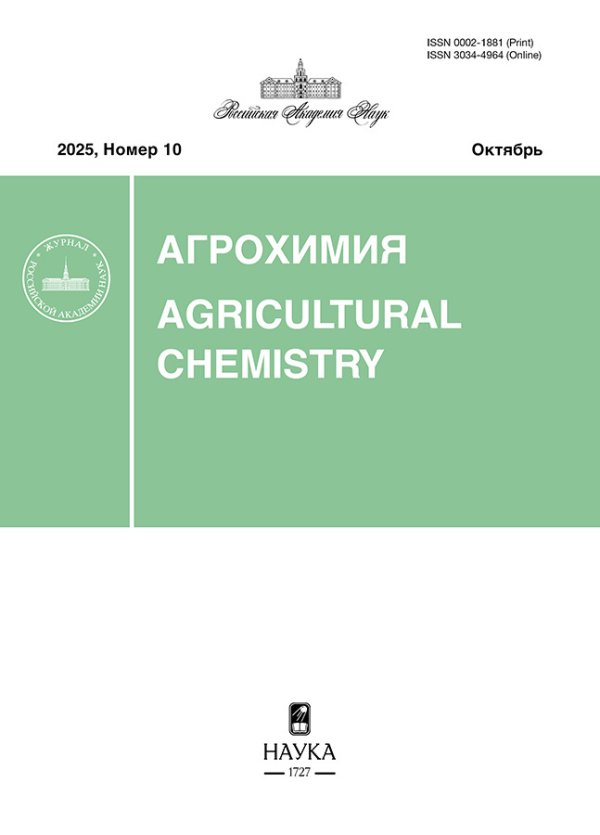Abstract
Under the conditions of a long-term stationary experiment with fertilizers on the chernozem of the southern steppe Volga region, the removal of nitrogen, phosphorus and potassium by the biological yield of spring soft wheat was determined. It was found that in moisture-rich years, with an increase in doses of mineral fertilizers, along with an increase in yield, the removal of nutrients increased. And the maximum of nutrients was removed by grain. In the middle arid years, both the yield of spring wheat and the removal of nutrients decreased by 2 times. In this case, the share of by-products in the total removal of nitrogen, phosphorus and potassium by biological yield was the highest. In acute arid years, low grain yields were accompanied by a significant decrease in the removal of nutrients by straw. With the deterioration of the hydrothermal conditions of the growing season, the standard removal of nitrogen and potassium by the spring wheat crop increased. In all cases, regardless of the moisture availability of the growing season, with increasing doses of mineral fertilizers, the standard nitrogen removal by the crop increased.











